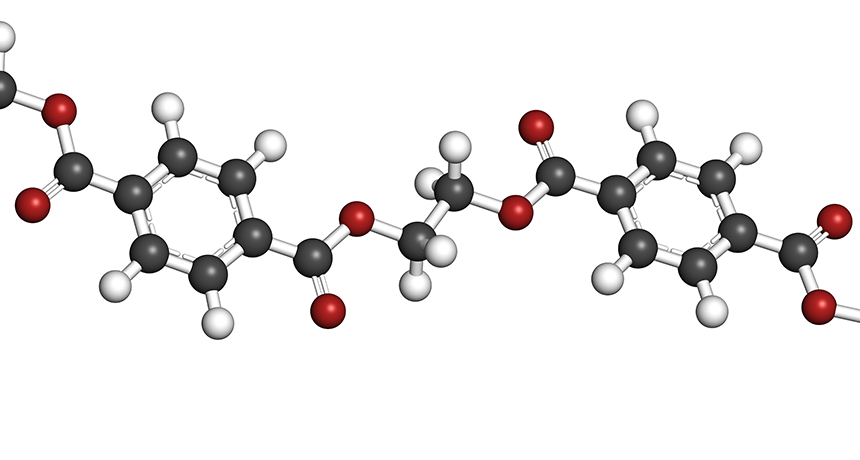Custom Polymers: Tailored Solutions for Unique Applications
Custom Polymers: Tailored Solutions for Unique Applications
Blog Article
Exploring the Varied Applications and Benefits of Polymers in Different Industries
Polymers, with their varied array of homes and capabilities, have come to be indispensable in different industries, each gaining unique gain from their application. Polymers. From enhancing safety and security and performance in the vehicle market to transforming clinical tools in the medical care industry, polymers play a critical duty. In addition, their eco-friendly nature is altering the landscape of sustainability techniques. As we dive into the depths of polymers in electronic devices, we discover cutting-edge technologies, while their architectural integrity changes the realm of construction and infrastructure. The pervasive impact of polymers across markets is a testimony to their versatility and adaptability, shaping the future of countless fields.
Automotive Field Applications
Polymers play a crucial role in boosting the performance and toughness of various components within the automobile market. These versatile materials are extensively utilized in the production of different parts, ranging from interior components to under-the-hood applications. One noticeable use polymers in the vehicle industry is in the manufacturing of lightweight parts. By replacing typical steel get rid of polymer-based options, automobiles can attain better fuel effectiveness without jeopardizing on strength or safety.

Medical Care Sector Advantages
In numerous medical care applications, the benefits of utilizing polymers are widely identified for their diverse variety of helpful properties. Polymers play a vital role in the health care sector because of their flexibility, biocompatibility, and cost-effectiveness. Among the key advantages of polymers in medical care is their capacity to be customized to particular needs, such as versatility, toughness, and biodegradability, making them optimal for a broad range of medical applications.
Polymer-based materials are thoroughly used in clinical gadgets, such as catheters, implants, prosthetics, and medication distribution systems, as a result of their biocompatibility and capability to mimic natural tissues. These materials can decrease the danger of sensitive responses or beings rejected, improving patient safety and results. Furthermore, polymers are light-weight, making them ideal for wearable medical gadgets and making certain person comfort.
In addition, polymers make it possible for the advancement of ingenious treatment methods, such as hydrogels for cells design and nanocomposites for targeted drug delivery. Their convenience of processing and sterilization makes them vital for keeping high criteria of health in health care settings. On the whole, the varied benefits of polymers add dramatically to innovations in clinical innovation and person treatment.
Environmental Advantages of Polymers

Moreover, polymers can contribute to energy savings as a result of their light-weight nature. In sectors such as transportation, lightweight polymer materials can help in reducing gas intake and greenhouse gas discharges. Additionally, polymers can enable the advancement of energy-efficient items such as insulation materials that enhance power conservation in structures.
Additionally, polymers play a critical role in lowering water pollution. The use of polymer-based purification systems can successfully eliminate toxins and pollutants from wastewater, guarding water sources and ecological communities. In general, the environmental advantages of polymers make them important properties in promoting sustainability and environmentally friendly techniques throughout various markets.
Polymers in Electronics and Innovation
Thinking about the raising need for ingenious and sustainable services in contemporary sectors, the combination of sophisticated polymer technologies in the realm of electronic devices and technology has actually emerged as an essential approach for driving efficiency and performance. Polymers have changed the electronic devices industry by enabling the manufacturing of lighter, more versatile, and long lasting electronic devices. From smartphones to clinical gadgets, polymers play a crucial function in enhancing item design and performance.
One substantial advantage of polymers in electronic devices is their insulating buildings, which assist shield fragile digital parts from environmental aspects and electric disturbance. Furthermore, polymers are vital in the advancement of flexible displays, wearable innovation, and printed electronic devices, using limitless possibilities for producing useful reference clever and interconnected tools.
Additionally, using polymers in digital packaging has actually resulted in innovations in miniaturization and thermal monitoring, improving the general performance and reliability of electronic systems. As modern technology remains to develop, the convenience and flexibility of polymers will unquestionably drive better technology in the electronics market, forming the future of technology.
Function of Polymers in Construction and Facilities
Polymers provide many advantages in the building and construction market due to their adaptability, longevity, and cost-effectiveness. One essential duty of polymers in construction is their use in finishes and sealants, offering security against ecological factors such as wetness, UV radiation, and corrosion.
Moreover, polymers play a vital duty in sustainable about his building methods by enabling the advancement of energy-efficient frameworks. Shielding products made from polymers assist control indoor temperatures, reducing the requirement for home heating and cooling systems and ultimately decreasing power intake - Polymers.
Final Thought
Finally, polymers play a vital function in various markets such as automotive, healthcare, ecological, electronic devices, and building and construction. Their functional buildings make them useful in producing cutting-edge solutions and items. From boosting fuel performance in vehicles to improving medical gadgets, polymers use many benefits. In addition, their influence on decreasing waste and promoting sustainability highlights their value in contemporary applications. The widespread usage of polymers shows their significant payment to progressing modern technology and enhancing quality of life.
Report this page